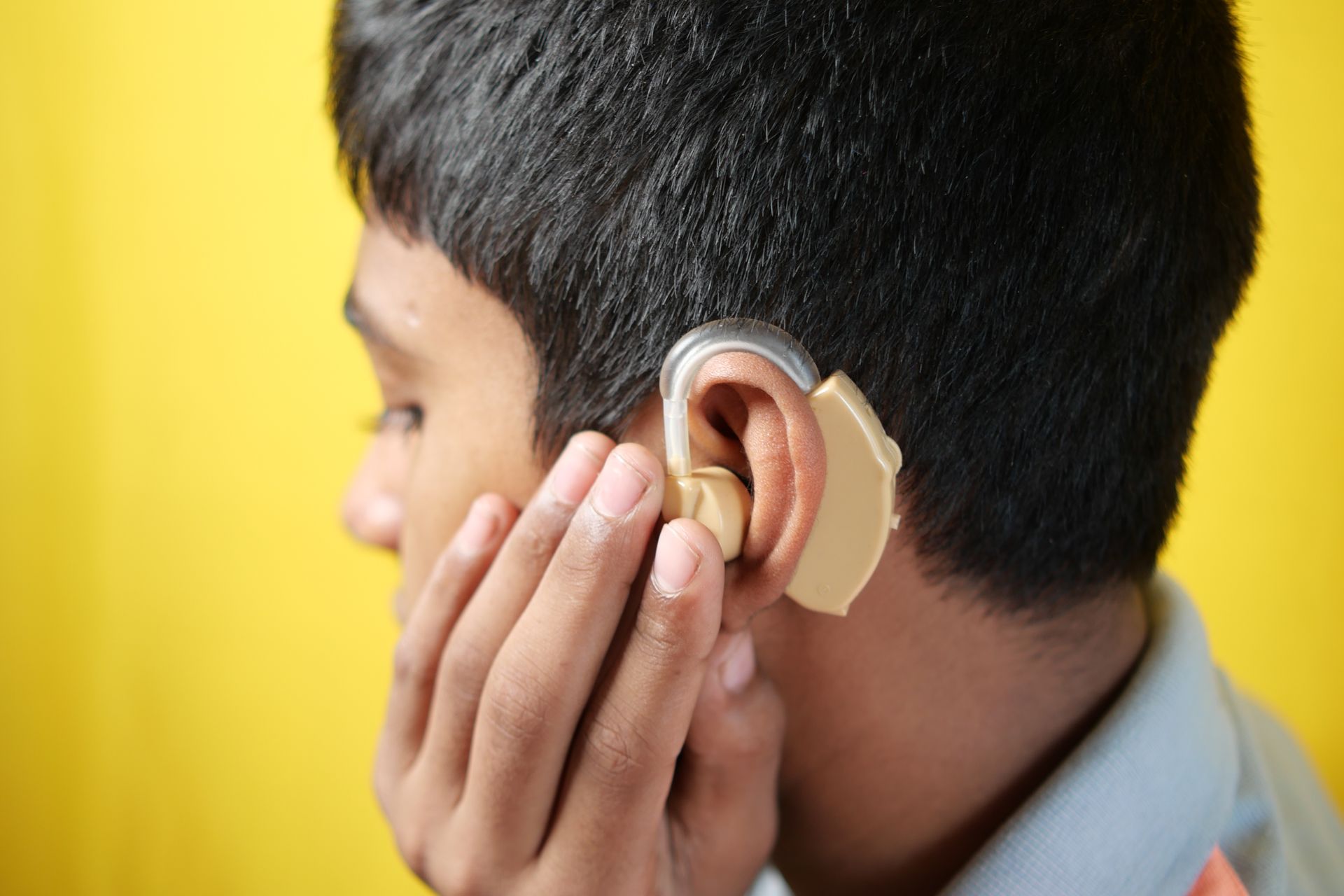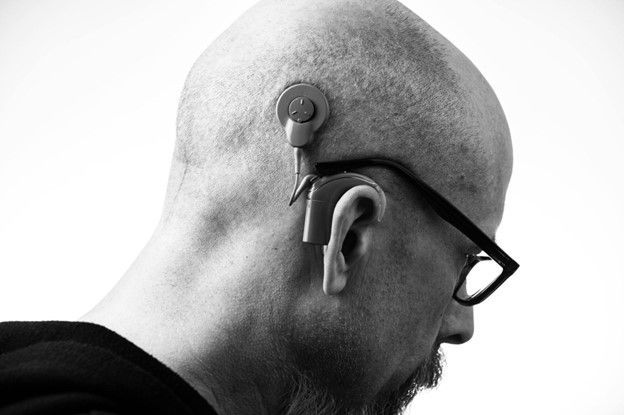How to Overcome Spring Allergies and Stay Healthy?
Springtime is a beautiful season full of blooming flowers, warm weather, and longer days. Unfortunately, for many people, spring also means allergy season. The increase in pollen, dust, and mold spores can trigger a range of symptoms, from sneezing and itching to more severe reactions like asthma attacks.
Read on for the tips on how to overcome spring allergies and stay healthy.
Tips on how to overcome spring allergies and stay healthy.
1) Identify Your Triggers
The first step in managing allergies is to identify what triggers your symptoms. While pollen is a common allergen in the spring, it's not the only one. Dust, mold spores, and pet dander can also cause allergy symptoms. Keep a diary of when and where you experience symptoms, and try to identify patterns. Once you know what triggers your allergies, you can take steps to avoid or reduce exposure.
2) Monitor Pollen Counts
During allergy season, it's important to monitor pollen counts. Pollen counts are usually highest in the morning and on windy days. If possible, stay indoors during these times, especially if the pollen count is high. You can also check the pollen count in your area by using a weather app or visiting specific websites.
3) Keep Your Home Clean
Spring cleaning is more than just a tradition; it can also help reduce allergy symptoms. Vacuum your carpets and rugs regularly, and use a vacuum with a HEPA filter to trap allergens. Wash your bedding and curtains in hot water to kill dust mites and other allergens. Keep your windows closed during high pollen count days, and use an air conditioner to filter the air.
4) Use Medication as Directed
Over-the-counter allergy medications can provide relief from allergy symptoms. Antihistamines, decongestants, and nasal sprays can all help reduce inflammation and relieve nasal congestion. It's important to use these medications as directed and to consult a doctor if you have any concerns or questions. Some medications can interact with other drugs or have side effects, so it's important to take them safely.
5) Consider Immunotherapy
For some people, allergy shots or sublingual immunotherapy can provide long-term relief from allergy symptoms. Immunotherapy works by gradually exposing the body to small amounts of allergens, which can help build immunity over time. If you have severe allergies or cannot manage your symptoms with medication, talk to your doctor about whether immunotherapy may be an option.
6) Stay Hydrated
Drinking plenty of water can help flush out allergens and reduce inflammation. Aim for at least eight glasses of water daily, and avoid sugary drinks and alcohol, which can exacerbate allergy symptoms. You can also try drinking hot tea with honey, which can help soothe a sore throat and reduce inflammation.
7) Practice Self-Care
Allergies can be stressful and impact your mental health. Practicing self-care can help reduce stress and improve overall well-being. Exercise, meditation, and deep breathing can all help reduce anxiety and improve your mood. Make time for activities you enjoy, and prioritize sleep to help your body recover fully.
Spring allergies can be a nuisance, but they don't have to ruin your season. If you have severe allergies, consult a doctor or an ENT specialist, such as those at ENT Medical and Surgical Group, for personalized advice and treatment options. We’re committed to your well-being and health and offer a wide variety of holistic treatments and medical solutions for all your ENT needs and problems. Call us at (203) 752-1726 or contact us online today!













